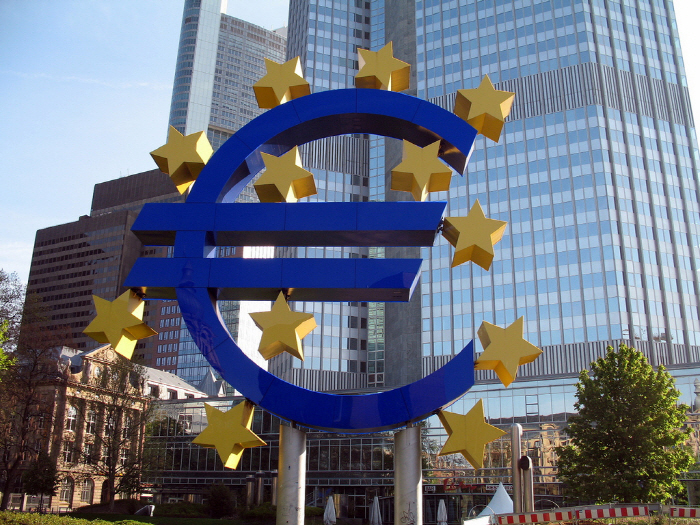The European Central Bank (ECB) is expected to cut interest rates by 25 basis points on Thursday, bringing the deposit rate to 2.5%. While this move has been widely anticipated, it may be the last straightforward decision for a while as economic challenges intensify.
Trade tensions with the U.S. and increased defense and infrastructure spending by Germany and the European Commission are reshaping Europe's economic landscape. The ECB has swiftly reduced rates over the past nine months as inflation eased and growth slowed. However, as rates near levels that no longer restrict growth, the outlook for further easing becomes more complex.
Market expectations suggest two more rate cuts this year, but internal divisions among policymakers are growing. Analysts note that while the ECB’s guidance is unlikely to change immediately, uncertainty about future moves is rising. The central bank’s latest projections, based on outdated data, may struggle to capture the rapidly shifting economic environment.
Investors will closely watch whether the ECB maintains its stance that monetary policy remains "restrictive." Dropping this phrase could signal a shift in direction, though it wouldn’t necessarily mean an end to rate cuts. ECB President Christine Lagarde’s post-decision remarks will be critical in shaping market expectations.
With cooling wages, employment concerns, and the impact of U.S. tariff threats on the eurozone, the ECB is under pressure to navigate a highly uncertain economic climate. The policy decision will be announced at 13:15 GMT, followed by Lagarde’s press conference at 13:45 GMT.



 RBA Expected to Raise Interest Rates by 25 Basis Points in February, ANZ Forecast Says
RBA Expected to Raise Interest Rates by 25 Basis Points in February, ANZ Forecast Says  Why Trump’s new pick for Fed chair hit gold and silver markets – for good reasons
Why Trump’s new pick for Fed chair hit gold and silver markets – for good reasons  Fed Confirms Rate Meeting Schedule Despite Severe Winter Storm in Washington D.C.
Fed Confirms Rate Meeting Schedule Despite Severe Winter Storm in Washington D.C.  Asian Stocks Slip as Tech Rout Deepens, Japan Steadies Ahead of Election
Asian Stocks Slip as Tech Rout Deepens, Japan Steadies Ahead of Election  MAS Holds Monetary Policy Steady as Strong Growth Raises Inflation Risks
MAS Holds Monetary Policy Steady as Strong Growth Raises Inflation Risks  Trump’s Inflation Claims Clash With Voters’ Cost-of-Living Reality
Trump’s Inflation Claims Clash With Voters’ Cost-of-Living Reality  South Africa Eyes ECB Repo Lines as Inflation Eases and Rate Cuts Loom
South Africa Eyes ECB Repo Lines as Inflation Eases and Rate Cuts Loom  Global Markets Slide as AI, Crypto, and Precious Metals Face Heightened Volatility
Global Markets Slide as AI, Crypto, and Precious Metals Face Heightened Volatility  Gold and Silver Prices Slide as Dollar Strength and Easing Tensions Weigh on Metals
Gold and Silver Prices Slide as Dollar Strength and Easing Tensions Weigh on Metals  Dollar Steadies Ahead of ECB and BoE Decisions as Markets Turn Risk-Off
Dollar Steadies Ahead of ECB and BoE Decisions as Markets Turn Risk-Off  RBI Holds Repo Rate at 5.25% as India’s Growth Outlook Strengthens After U.S. Trade Deal
RBI Holds Repo Rate at 5.25% as India’s Growth Outlook Strengthens After U.S. Trade Deal  Bank of Japan Signals Readiness for Near-Term Rate Hike as Inflation Nears Target
Bank of Japan Signals Readiness for Near-Term Rate Hike as Inflation Nears Target 































